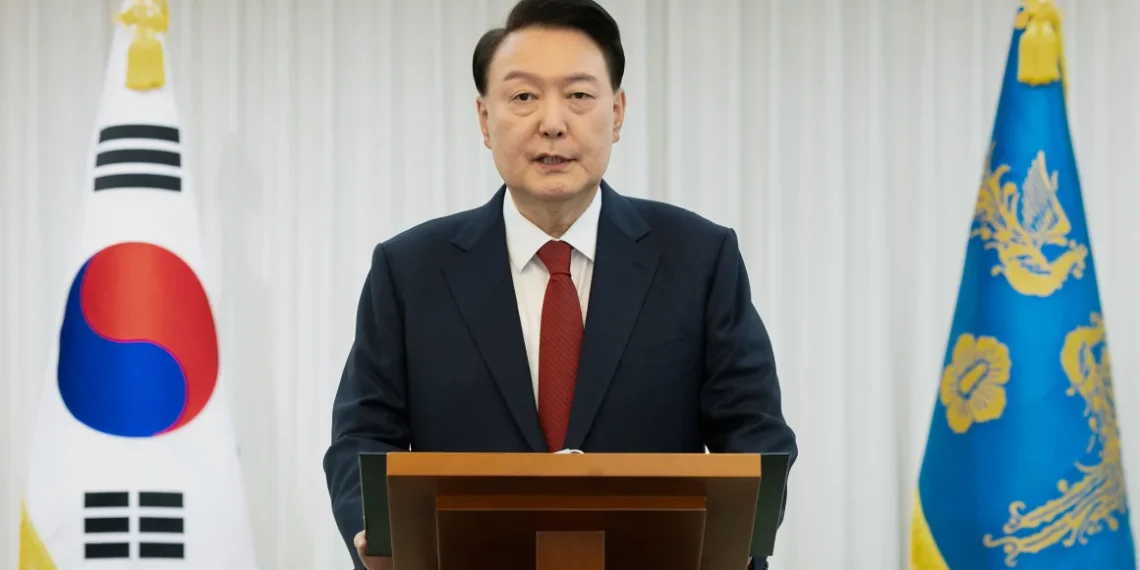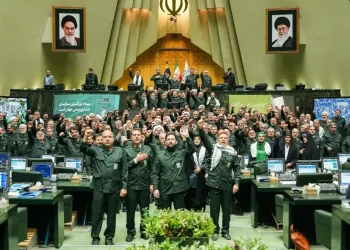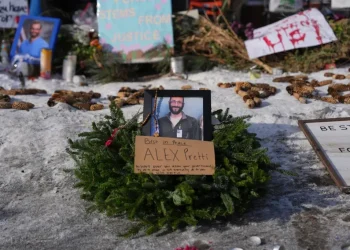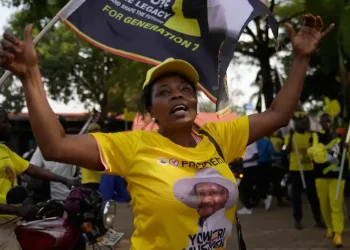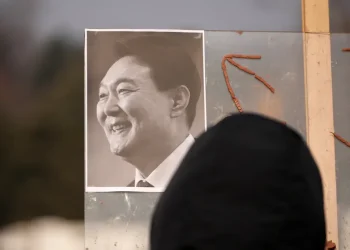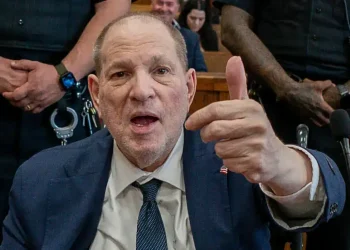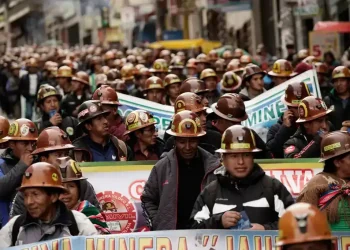Impeachment and Insurrection Probe: What’s Next for South Korean President Yoon Suk Yeol?
South Korea’s president, Yoon Suk Yeol, is in the midst of an unprecedented political crisis after parliament voted to impeach him on Saturday. This dramatic move follows Yoon’s controversial declaration of martial law, which plunged the country into weeks of protests and political unrest.
Impeachment Vote: A Shocking Political Showdown
The impeachment vote came after Yoon’s refusal to resign, even as his own party members, including at least 12 lawmakers, voted against him. This marked a significant moment in South Korea’s political history, but the road ahead for Yoon remains uncertain.
Now suspended from office, Yoon’s fate is in the hands of South Korea’s Constitutional Court, which will deliberate on whether to uphold or reject the impeachment. The process could take up to six months, with Prime Minister Han Duck-soo serving as acting president in the interim.
The Long Path to a Final Decision
The vote on Saturday marked the first step in what could be a lengthy and challenging process. The Constitutional Court will now have up to 180 days to decide. Its first pretrial hearing is scheduled for December 27. The court has vowed to prioritize this case, as well as other impeachment motions against officials from Yoon’s administration, including the justice minister and senior prosecutors.
History shows how complex this process can be. In 2016, the court took three months to remove Park Geun-hye, South Korea’s first female president, from office over corruption. However, Roh Moo-hyun survived an impeachment in 2004 after the court rejected the motion following two months of deliberation.
Key Challenge: Court’s Composition
Yoon’s impeachment could be complicated by a vacancy in the court, with only six of the nine justices currently in place due to delays in appointments. Under South Korea’s constitution, at least six justices must approve the impeachment for it to be upheld. If the vacancies are not filled in time, unanimous support from the current justices will be required for Yoon’s removal.
If the Constitutional Court upholds the impeachment, Yoon will become South Korea’s shortest-serving president. New presidential elections would have to be held within 60 days.
Investigations into Insurrection and Treason
While Yoon remains suspended from office, he is still protected by presidential immunity for most criminal charges, except for insurrection or treason. This immunity is now at the heart of multiple investigations into his actions surrounding the martial law declaration.
Yoon is being investigated by police, parliament, and the anti-corruption agency for his role in the martial law incident, with some accusing him of being the “ringleader of an insurrection.” Investigators are focusing on whether he abused his power to create chaos in the country.
Ongoing Legal Challenges
Despite his suspension, Yoon has ignored subpoenas from prosecutors investigating the martial law declaration. On Monday, a joint investigation team, including police and the Defense Ministry, attempted to serve a summons for Yoon to appear for questioning, but the presidential office refused to cooperate.
The anti-corruption agency has also suggested it might seek to detain Yoon if conditions permit. The agency’s head said, “If the situation allows, we will attempt to make an emergency arrest or arrest based on a court warrant.”
In a dramatic turn of events, police attempted to raid the presidential office last week, but their entry was blocked. This follows the detention of Kim Yong-hyun, the former defense minister, who allegedly recommended martial law and resigned amid the scandal.
What’s Next for Yoon?
Yoon’s presidency is teetering on the edge of uncertainty. As investigations continue and the Constitutional Court deliberates, the coming months will determine if he remains in office or becomes the shortest-serving president in South Korean history.
This political crisis has plunged South Korea into turmoil, leaving the country and the world awaiting the final outcome of this dramatic power struggle.
This article was rewritten by JournosNews.com based on verified reporting from trusted sources. The content has been independently reviewed, fact-checked, and edited for accuracy, neutrality, tone, and global readability in accordance with Google News and AdSense standards.
All opinions, quotes, or statements from contributors, experts, or sourced organizations do not necessarily reflect the views of JournosNews.com. JournosNews.com maintains full editorial independence from any external funders, sponsors, or organizations.
Stay informed with JournosNews.com — your trusted source for verified global reporting and in-depth analysis. Follow us on Google News, BlueSky, and X for real-time updates.
